
F3 Challenge names its Carnivore Edition winners at GOAL 2022
Three winners were awarded a $100,000 prize in the F3 Challenge Carnivore Edition, the global aquaculture industry’s aquaculture feed contest.
Alternative diets using novel plant and animal-derived protein sources have comparable performance to current commercial sea bass feeds.

Three winners were awarded a $100,000 prize in the F3 Challenge Carnivore Edition, the global aquaculture industry’s aquaculture feed contest.
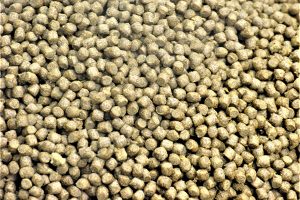
Greater use of byproducts as aquafeed has considerable potential, especially combined with other measures, in the transition to circular food systems.
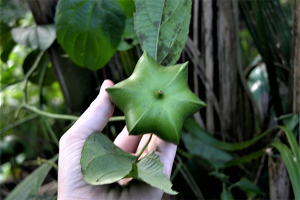
Inca peanut (sacha inchi) cake is a promising alternative protein source to fishmeal for farmed shrimp, with questions about anti-nutritional factors.
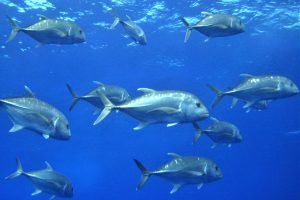
In this trial, the growth performance of juvenile giant trevally was the highest when the fish were fed a 52 percent protein, 10 percent lipid diet.
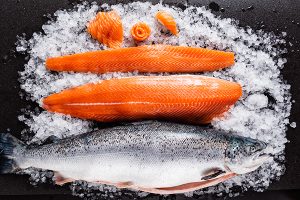
Aquaterra® Advanced Omega-3 canola oil is shown to improve the visual and nutritional quality of farmed salmon when included in their diets.
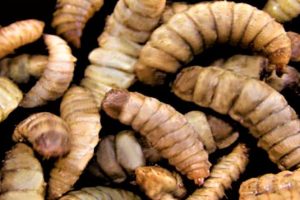
Study results corroborate that chitin could act as a nutrient source as well as an antinutrient in both Nile tilapia and rainbow trout.
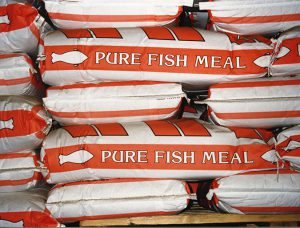
Deakin University study finds that just 3% of fishmeal and fish oil in farmed salmon diets could allow the industry to grow for the rest of this century.
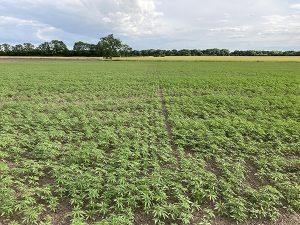
Rare Earth Global is exploring how hemp seeds could be integrated into the diets of farmed salmon in Scotland.
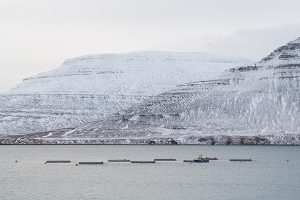
BioMar Group and Síldarvinnslan will build a modern, net-zero aquafeed production facility in Iceland, an emerging aquaculture producer.
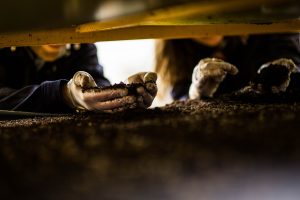
Black soldier fly larvae producers are hoping to go “mainstream” and gain wider acceptance in aquaculture amid concerns about high costs.
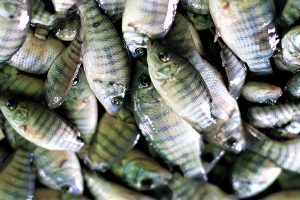
Nanoselenium supplementation increased its bioavailability and improved overall growth as well as the omega-3 fatty acid content of tilapia.
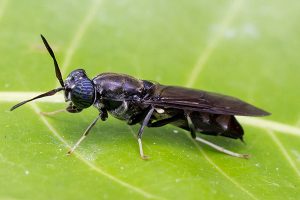
Results indicate it is feasible to achieve high levels of substitution of fishmeal with black soldier fly meal without risking a negative impact.
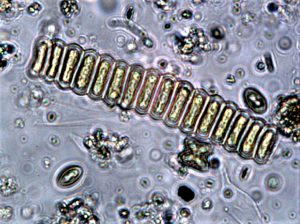
Addition of the microalgae Scenedesmus to tilapia feeds and rearing water improve fish growth and yields without affecting sludge production.
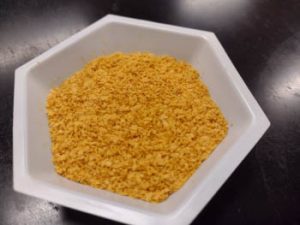
A new study finds marine microalga Schizochytrium sp. could be a more sustainable fish feed ingredient than fish oil if 'more work' occurs across the supply chain.
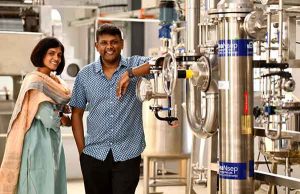
String Bio has raised almost (U.S.) $20 million to advance technology that converts methane into value-added products, such as aquafeed.